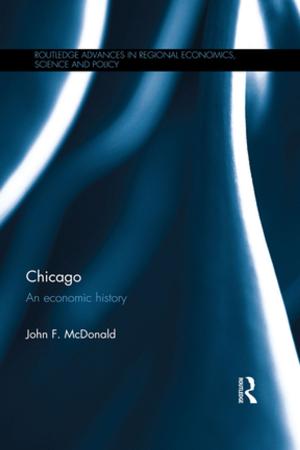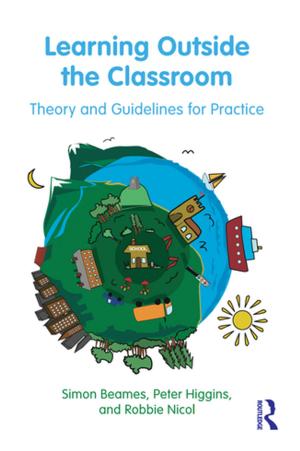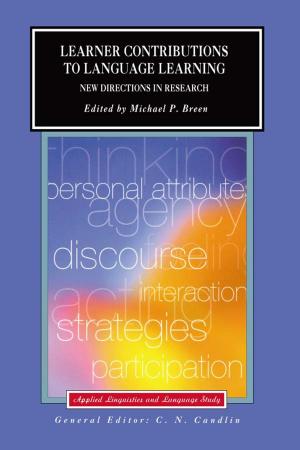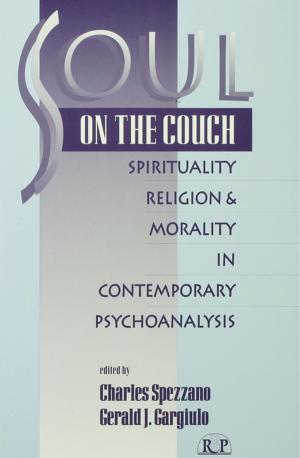| Author: | David Block | ISBN: | 9781317974833 |
| Publisher: | Taylor and Francis | Publication: | December 4, 2013 |
| Imprint: | Routledge | Language: | English |
| Author: | David Block |
| ISBN: | 9781317974833 |
| Publisher: | Taylor and Francis |
| Publication: | December 4, 2013 |
| Imprint: | Routledge |
| Language: | English |
In this ground breaking new book David Block proposes a new working definition of social class in applied linguistics.
Traditionally, research on language and identity has focused on aspects such as race, ethnicity, nationality, gender, religion and sexuality. Political economy, and social class, as an identity inscription, have been undervalued. This book argues that increasing socioeconomic inequality, which has come with the consolidation of neoliberal policies and practices worldwide, requires changes in how we think about identity and proposes that social class should be brought to the fore as a key construct.
Social Class in Applied Linguistics begins with an in-depth theoretical discussion of social class before considering the extent to which social class has been a key construct in three general areas of applied linguistics- sociolinguistics, bi/multilingualism and second language acquisition and learning research. Throughout the book, Block suggests ways in which social class might be incorporated into future applied linguistics research.
A critical read for postgraduate students and researchers in the areas of applied linguistics, language education and TESOL.
In this ground breaking new book David Block proposes a new working definition of social class in applied linguistics.
Traditionally, research on language and identity has focused on aspects such as race, ethnicity, nationality, gender, religion and sexuality. Political economy, and social class, as an identity inscription, have been undervalued. This book argues that increasing socioeconomic inequality, which has come with the consolidation of neoliberal policies and practices worldwide, requires changes in how we think about identity and proposes that social class should be brought to the fore as a key construct.
Social Class in Applied Linguistics begins with an in-depth theoretical discussion of social class before considering the extent to which social class has been a key construct in three general areas of applied linguistics- sociolinguistics, bi/multilingualism and second language acquisition and learning research. Throughout the book, Block suggests ways in which social class might be incorporated into future applied linguistics research.
A critical read for postgraduate students and researchers in the areas of applied linguistics, language education and TESOL.















